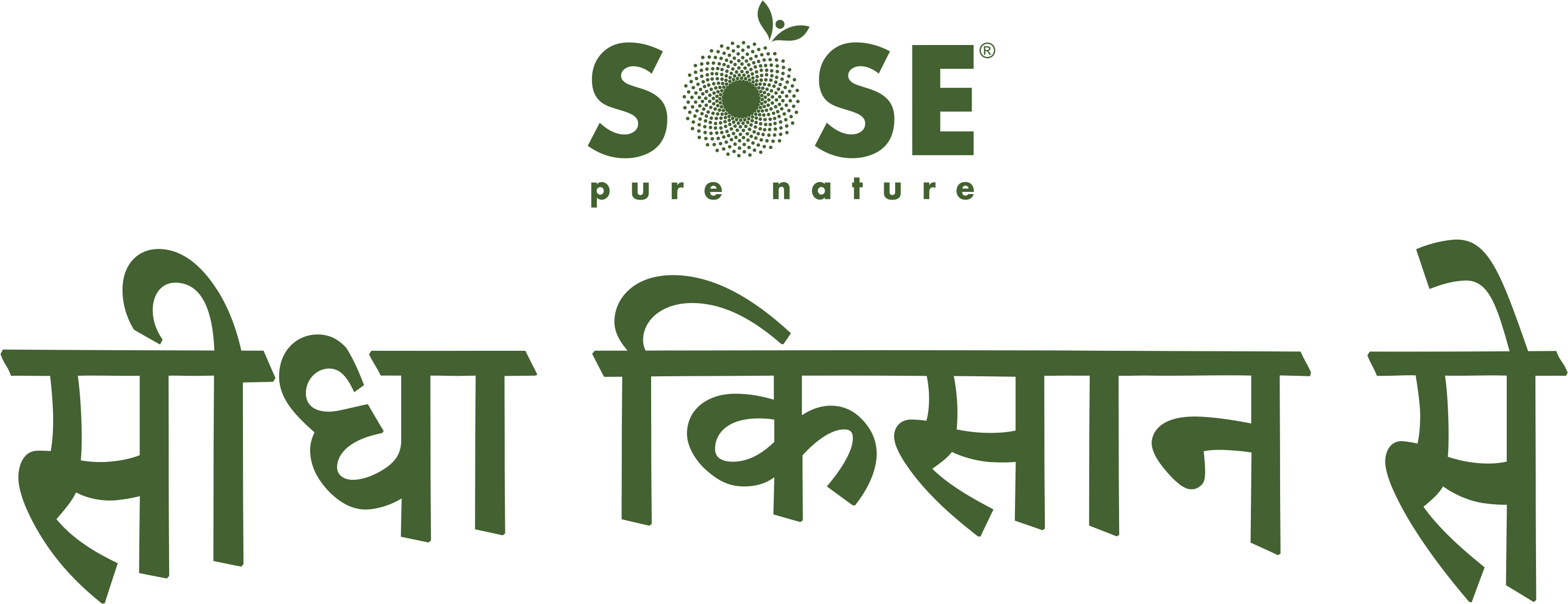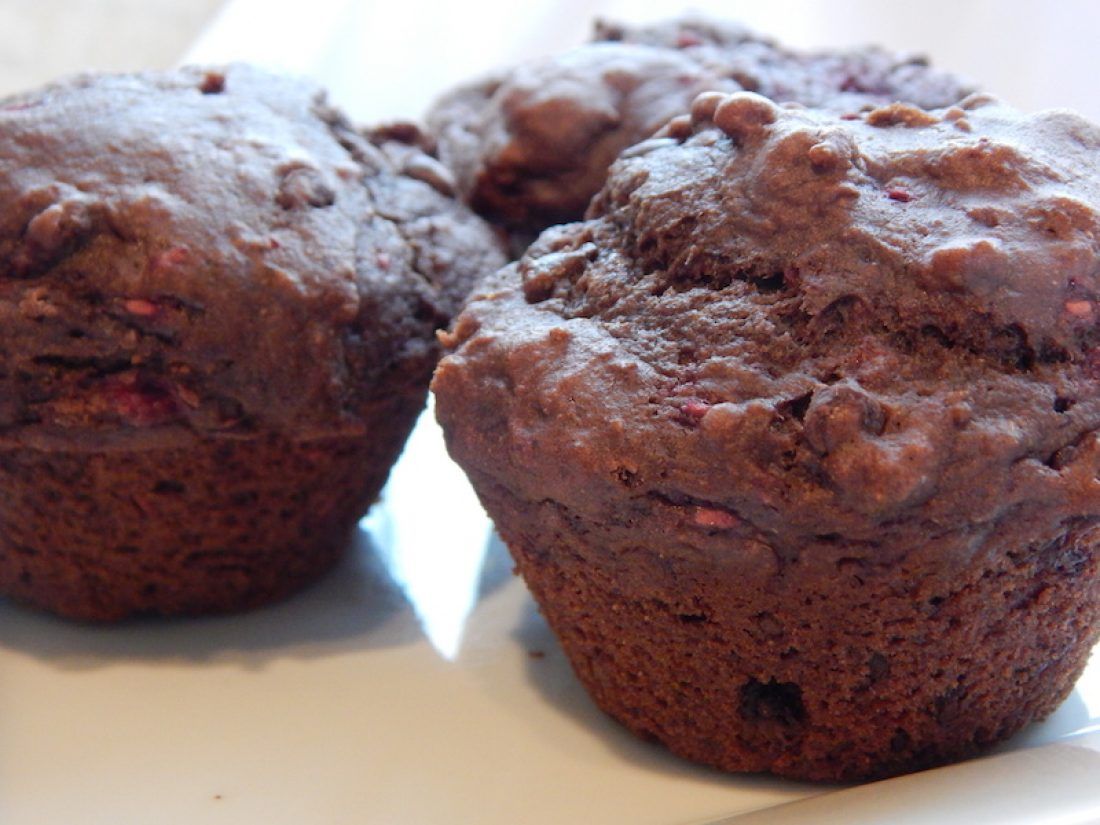By SOSE Organic & Natural
Commercial cakes may contain toxic and chemical ingredients. We discuss some of the health risks and offer alternatives to keep your family happy and healthy!…

By SOSE Organic & Natural
Commercial cakes may contain toxic and chemical ingredients. We discuss some of the health risks and offer alternatives to keep your family happy and healthy!…
Dangers lurking in a birthday cake!... What you should know…
Eating a cake is one of the most delicious and pleasurable treats one could have, and cutting one has become a popular way to celebrate not just birthdays but a range of other social occasions. Kids love it, and so do parents and other adults. But did you know that a commercially available birthday cake could be one of the most toxic treats you could give to your child? According to Greenmedinfo, commercial birthday cakes could contain over 80 toxic ingredients! This can include substances such as aluminum, hydrogenated vegetable oils and propylene glycol that are part of a wide range of cake making ingredients such as cake mixes, self-rising flour, dough, non-dairy creamers, baking powder, emulsifiers, flavouring agents or thickeners.
To be clear, such substances may not present immediate risks to you or your child’s health, but can add to the toxic build up in the body. In addition, commercial birthday cakes are made using highly refined wheat flour (maida or white flour), white sugar and dairy butter, which are certainly not great for your health. Non-organic white sugar has been linked to a range of health concerns beginning with lowered immunity to cancer.
How did this innocent tradition turn so toxic?... Some lessons in history…
It is said that cakes were first made in ancient Rome to celebrate weddings and special birthdays. Then they were made with flour, yeast, nuts and honey. In 15th century Germany, bakers began to offer them with one layer of icing, and by the 17th century cakes with multiple layers were available in the market. It was sometime in the 19th century that cakes became much easier to bake, and bakers started adding the words “happy birthday” to their cakes. In the 20th century, as the market for birthday celebrations became lucrative, manufacturers started making more elaborate cakes with brighter colours and wider variety of flavours. This had an obvious downside - manufacturers started adding a range of artificial colorants, additives and preservatives to make the cakes more appealing and long-lasting.
So what are the alternatives?... Here’s what you can do…
When there is a cheerful occasion, we must celebrate with joy, and at the same time be conscious about not causing harm to our family’s health. Below are some alternatives you could consider the next time you plan your celebrations –
1) Home-made mithai – Traditional Indian sweets such as laddu’s, halwa and jalebi can be made at home as well as enjoyed by everyone in the family. When made with organic ingredients and traditional bilona desi ghee, with rock sugar or jaggery as sweeteners and eaten in moderation, these can be some of the most health promoting foods that also appeal to your sweet toothe.
2) Home-made cakes – Cakes can also be made at home, and one can score the internet for a wide range of organic and even vegan cake recipe’s. One may substitute conventional ingredients with organic ones to make them healthier.
3) SOSE hand-made cup cakes – If you wish to take a break from your regular kitchen routine, and not worry about making mithai or cakes for your celebration at home, you may safely consider SOSE hand-made cup cakes or muffins. These are specially made using all organic ingredients, and contain whole wheat flour (instead of maida), organic cold-pressed oil (instead of butter) and rock sugar (mishri or khadi sakar) or jaggery. These delectable cup cakes can be appealing to children and adults alike. We have received great feedback from our customers who’ve enjoyed them, for celebrations as well as for a coffee time treat.

